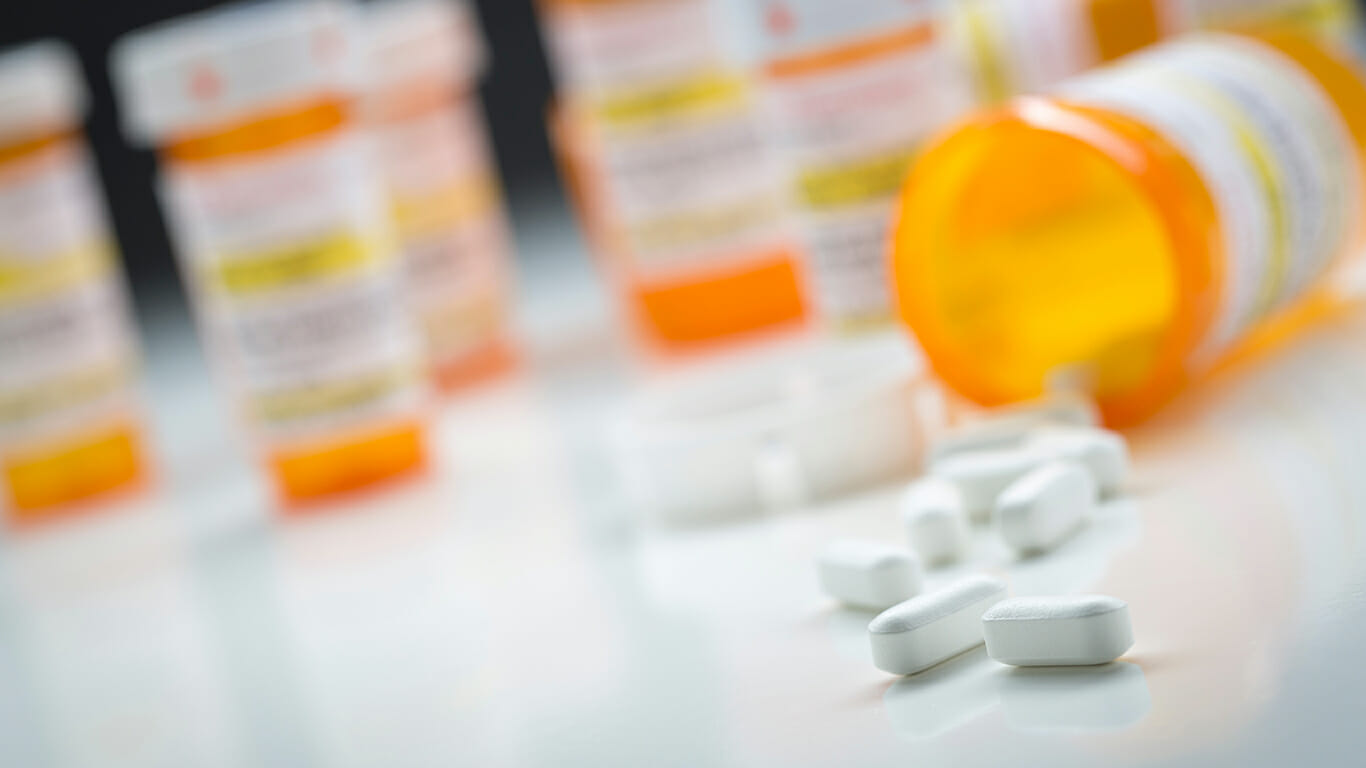Most individuals use prescription drugs to control pain, anxiety, or medical conditions that interfere with functioning. The drug is a game-changer, providing relief when nothing else works. However, while the prescriptions begin as a means of improvement, they often create unexpected issues in the long run.
You may not even realize the difference at first—a little more dose there, a few more pills over here. Before you know it, the very same pill that is supposed to help your health now quietly undermines it. If you ever questioned whether your medications might be impacting your well-being, you’re not alone.
Read on to find out how it happens and how to safeguard your healthy way of life.
LOCAL NEWS: 100 best places to work and live in Arizona for 2025
INDUSTRY INSIGHTS: Want more news like this? Get our free newsletter here
Early Signs Your Prescription is Becoming a Problem
Not all drugs induce dependency, but there are some symptoms you cannot ignore:
- Taking increasingly higher doses in order to achieve relief.
- Preparation of medication beforehand.
- Anxiety in the absence of medication.
- Withdrawal from interests and activities.
Even a single one of these symptoms can indicate increasing misuse or dependency. To be able to treat the issue before it becomes widespread, finding it early is much simpler.
Common Drugs Inducing Dependency
Some prescription medications are more prone to causing dependence and can subtly ruin your good habits in the long term. Even if you use them according to directions, some drugs can cause issues that are hard to overlook. Those include:
- Opioids (painkillers) like oxycodone and hydrocodone
- Benzodiazepines (anti-anxiety and sleep aids) such as Xanax and Valium
- Stimulants (ADHD medications), including Adderall
- Sedatives (sleep medications) like Ambien
These prescriptions can start as helpful solutions but may slowly interfere with sleep, mood, focus, and daily energy. Staying aware of how you feel is key to recognizing when it’s time to ask for help.
The Role of Professional Help
If you see yourself in a prescription drug abuse situation, you don’t have to navigate it alone. Medical supervision matters because certain medications, especially opioids and benzodiazepines, can cause severe withdrawal symptoms if you stop suddenly.
Professional support ensures you taper safely and manage symptoms in a controlled environment. Treatment often combines several approaches to help you recover fully:
- Supervised Detox: Medical teams monitor your withdrawal to keep you safe and as comfortable as possible.
- Counseling: Individual or group therapy helps you understand why you relied on medication and how to change those patterns.
- Medication-Assisted Treatment (MAT): Certain medications ease cravings and balance brain chemistry so you can focus on healing.
- Behavioral Therapy: Techniques like cognitive behavioral therapy teach you healthier ways to handle stress and triggers.
Evidence-based programs focus on your whole life, not just the substance. They help you rebuild routines, strengthen self-esteem, and learn practical coping skills. Reaching out isn’t failure—it’s the first step toward feeling like yourself again.
Steps to Protect Your Healthy Lifestyle
Alongside professional help, there are practical steps and treatments you can use to regain control and feel stronger each day. These include:
- Regularly reviewing medications with your doctor
Every few months, go over what you take and why. Talk honestly about how each prescription makes you feel. This keeps your care up to date and ensures you’re not taking something you no longer need.
- Using the lowest effective dose
More medication doesn’t always mean more relief. Work with your doctor to find the smallest dose that helps without side effects creeping in. This approach lowers the risk of dependence over time.
- Being honest about side effects
If you’re feeling tired, irritable, or off-balance, say so. Doctors can’t adjust your care if they don’t know what’s happening. Sharing side effects early prevents bigger issues later.
- Considering non-drug therapies when possible
Many conditions respond well to therapy, exercise, or lifestyle changes. You don’t have to stop medication cold turkey, but pairing it with other approaches can reduce your reliance on pills over time.
- Knowing when to ask for help if you see signs of dependency
If you catch yourself needing more medication or feeling anxious about running out, that’s the time to reach out. Early intervention makes recovery simpler and protects your health.
Together, these steps can help you feel more confident, reduce the risks of dependence, and keep your healthy lifestyle on track.
Conclusion
Prescription medications can be a lifeline, helping you manage pain or anxiety and keep up with life’s demands. But they also carry hidden risks that can quietly undermine the healthy habits you’ve worked hard to build. If you ever feel that medication use is slipping out of your control, know that help is there. With professional guidance and support, you can take back your energy, rebuild confidence, and feel strong in your choices again.




